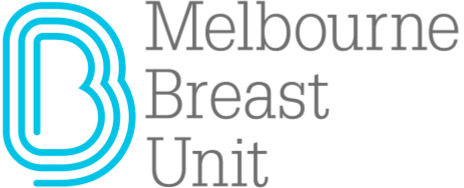Chemotherapy
About Chemotherapy
Chemotherapy Involves the use of special ‘cytotoxic’ drugs to treat cancers by either killing the cancer cells or slowing their growth.
Chemotherapy drugs travel around the body and attack cancer. As cancer cells can (but not always) multiply very fast, they are targeted by the drugs and are destroyed. In addition, other normal cells that grow rapidly are also recognised by chemotherapy and affected. However, the breaks between bouts of chemo allow your body to regenerate normal cells and recover before the next course.
In some instances, chemotherapy may not be able to control the cancer, but indicated to relieve symptoms such as pain and help you lead as normal a life as is possible. There are many different combinations of chemotherapy used to treat various cancers, and these may have different effects on different people.
To travel the body, chemotherapy needs to enter the bloodstream and the quickest way to do this is intravenously, through a vein or artery. Other methods of administering chemotherapy may also include intra-muscular injections, tablets or creams. This method depends on a number of factors, including the type of cancer and the drugs. Talk with your doctor if you have any questions about your treatment regime.
Some cancers can be treated or cured by chemotherapy alone, while others may require a combination of chemotherapy with surgery and/or radiotherapy; this is known as adjuvant therapy. Chemotherapy can be used before the main treatment to help make the tumour smaller, or after treatment, to kill residual cancer cells that may cause problems later in life.
The most common side effects of chemotherapy are nausea and vomiting, fatigue (tiredness), alopecia (hair loss), muscular, nerve and blood effects, as well as bowel (constipation or diarrhoea) and oral problems. These side effects vary from treatment to treatment and from person to person, but fortunately these problems may disappear with time or be managed to reduce the impact that they may cause.
It is important that you tell the doctors and nurses if you are experiencing any side effects from your treatment so that they can discuss an appropriate course of action with you.
Neoadjuvant Chemotherapy
What is Neoadjuvant Chemotherapy?
Why Neoadjuvant Chemotherapy is Recommended
- To reduce the size of your breast cancer (tumour) if it is too big to be removed by an operation
- If you have inflammatory breast cancer
- To reduce the size of the tumour so that you can have breast conserving surgery (lumpectomy) instead of mastectomy
- To reduce the size of the tumour so that a smaller amount of tissue can be removed – this may give you a better cosmetic outcome
- To give you time to have genetic testing if you have a strong family history of breast cancer – you may decide to have a different type of surgery if you are found to have an inherited breast cancer gene mutation
- To delay surgery if you are pregnant so that you can deliver your baby as near to full term as possible (certain breast cancer chemotherapy drugs have been found to be safe in pregnancy)
- To give you time to consider your surgical options, including breast reconstruction



